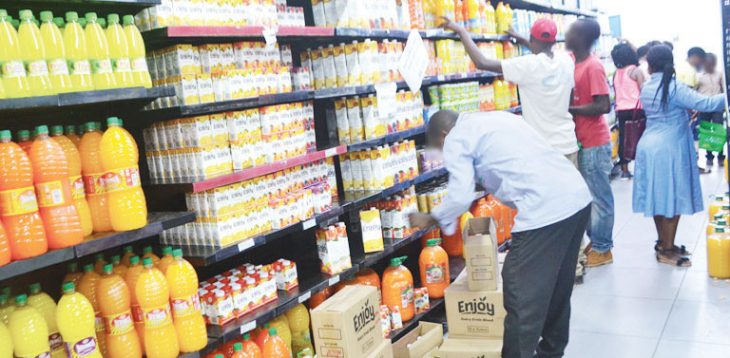
Thriving Through Adversity: Navigating Malawi’s Economic Challenges for Business Success
Key Business Points
- Stabilize costs: Monitor and control costs, particularly food costs, to mitigate the impact of inflation on your business.
- Diversify supplies: Explore alternative suppliers and sources to reduce reliance on domestic markets and volatile global prices.
- Invest in productivity: Boost agricultural productivity to increase food security and reduce reliance on imports, thereby stabilizing prices and supporting economic growth.
Malawi’s inflation rate remains among the highest in sub-Saharan Africa, despite a slight decline in April 2025, according to the Reserve Bank of Malawi’s (RBM) latest Market Intelligence Report. The trend is concerning, as it reflects structural weaknesses in the Malawian economy. Headline inflation fell to 29.2 percent from 30.5 percent in March, driven by a decline in food inflation, which softened to 35.8 percent from 37.7 percent in the preceding month.
Across the region, inflation dynamics varied widely, shaped by currency performance, commodity prices, and local policy measures. Neighboring countries, such as Zambia and Mozambique, experienced more stable inflation rates, while Angola and Ghana saw decreases in their inflation rates. Botswana posted the region’s lowest inflation at 2.3 percent, driven by lower transport and clothing costs.
Economist Marvin Banda attributes the current trend to long-standing structural weaknesses in the Malawian economy, citing weather shocks, skyrocketing fertilizer costs, and deteriorating soil yields as key factors undermining food production and contributing to high food inflation. To address this challenge, Banda emphasizes the need to improve agricultural productivity, citing the National Food Reserve Agency’s (NEEF) initiative to energize winter cropping as a positive step towards easing food inflation.
The RBM report highlights the need for monetary and fiscal policy coordination to address inflation risks, which remain elevated due to structural constraints, global price fluctuations, and exchange rate volatility. As the economy continues to grapple with high inflation, businesses must prioritize stabilizing costs, diversifying supplies, and investing in productivity to mitigate the impact of inflation and support economic growth. By taking these steps, businesses can help stimulate the economy and contribute to a more stable and prosperous future for Malawi.
What are your thoughts on this business development? Share your insights and remember to follow us on Facebook and Twitter for the latest Malawi business news and opportunities. Visit us daily for comprehensive coverage of Malawi’s business landscape.
- Revitalizing Malawi’s Economy: Lower Food Prices Signal New Growth Opportunities - January 31, 2026
- Revitalizing Malawi’s Economy: Tackling Climate Related Underfunding for Sustainable Growth - January 30, 2026
- Navigating Malawi’s Fiscal Crossroads: Strategies for Business Resilience Amidst Rising Debt - January 29, 2026
